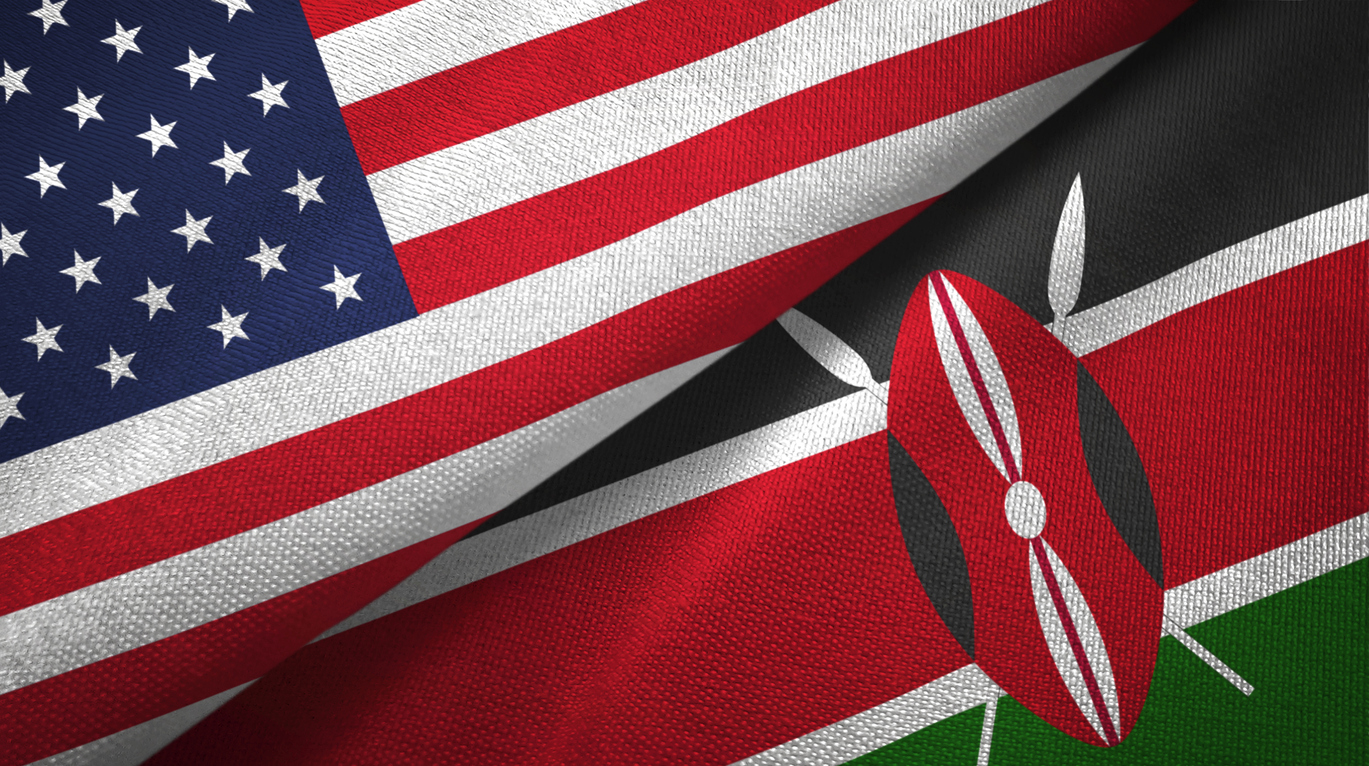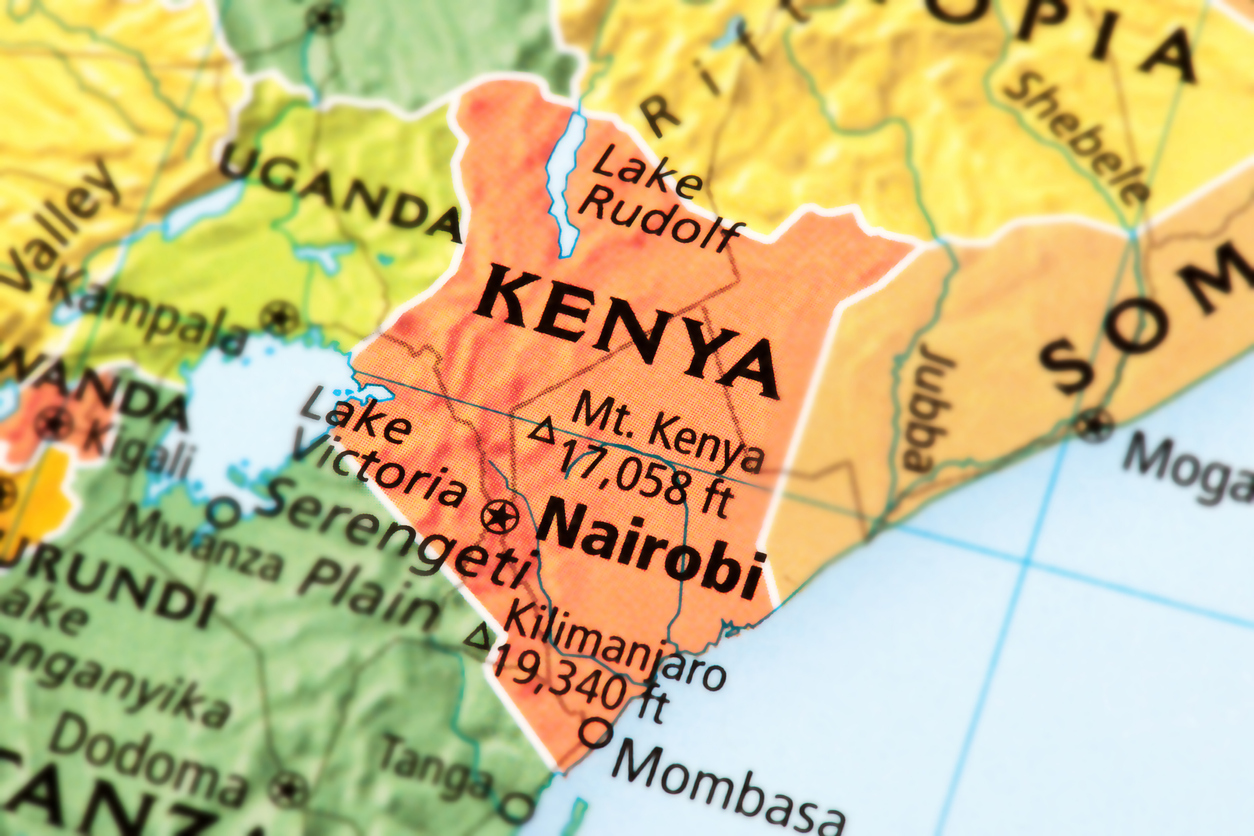U.S. Wheat Associates Provides Comments on U.S.-Kenya Trade Negotiations
By Shelbi Knisley, Director of Trade Policy
U.S. Wheat Associates (USW) supports free trade through multilateral, regional and bilateral trade agreements. USW works closely with the USDA Foreign Agricultural Services (FAS) and the Office of the U.S. Trade Representative (USTR) to ensure favorable terms for wheat exports in all trade negotiations.
An opportunity to do that recently allowed USW to provide comments to USTR in support of negotiating a comprehensive Free Trade Agreement (FTA) with Kenya. That is because Kenya imports around 2.0 million metric tons (MMT) of wheat annually. Expanding market opportunities in Kenya would benefit U.S. wheat farmers and provide Kenyan flour millers with better access to quality supplies of milling wheat.
USW believes the negotiations should prioritize market access for U.S. wheat and resolution of sanitary-phytosanitary (SPS) issues and in our comments, we laid out these specific objectives:
- Achieve an agreement with duty-free treatment and improved SPS and other non-tariff provisions for wheat of U.S. origin.
- Eliminate Kenyan tariffs on U.S. wheat, which would create an advantage for U.S. wheat exports and help offset the shipping disadvantage currently faced by the United States compared to other suppliers, particularly between the European Union and Black Sea Region. Preferential access to Kenya would help make U.S. wheat shipments more competitive in the region.
- Eliminate Kenya’s Certificate of Conformity requirement or Kenya should accept Federal Grain Inspection Service (FGIS) certificates and other standard trade documents as fulfilling that requirement, without requiring additional third-party inspections on U.S. wheat prior to shipment.
In February 2020 the U.S.- Kenya Trade and Investment Working Group adopted a phytosanitary protocol for Kenya that would allow U.S. wheat growers in the Pacific Northwest (PNW) access to Kenya’s wheat market for the first time in over a decade. Historically Kenya has maintained a non-scientific SPS barrier against U.S. wheat from this region due to concerns about the potential presence of a plant disease known as flag smut.
Africa is a rapidly growing continent, but one where the United States has had limited opportunities for trade negotiations. A high standard FTA with Kenya has the potential to serve as a model for other African countries to pursue trade agreements with the United States.



